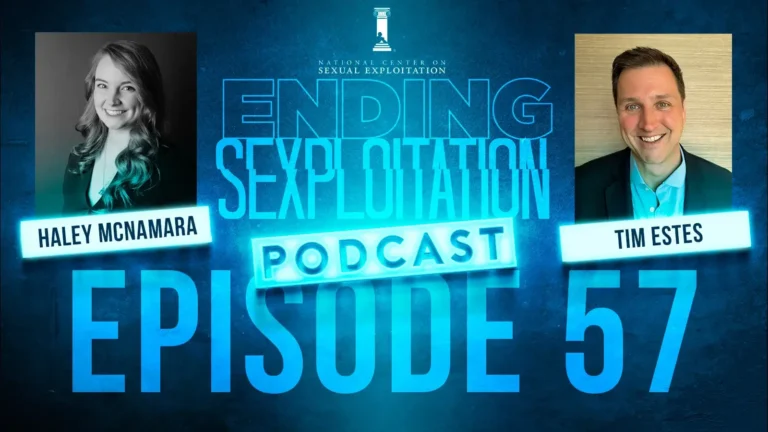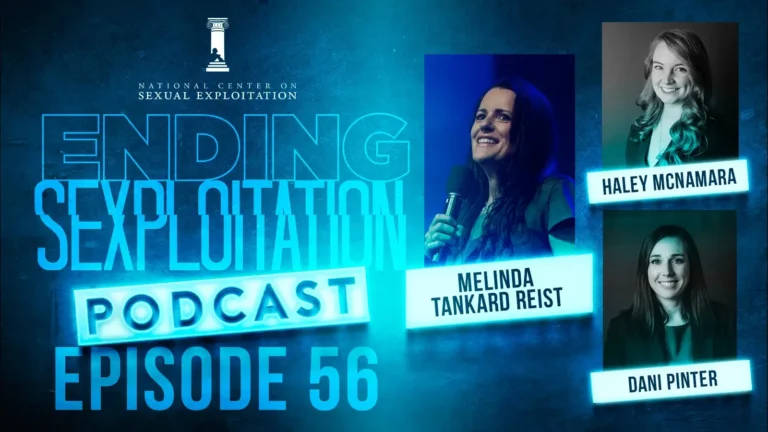It took less than a year for the new social app, Yik Yak, to become one of the top 10 most downloaded social apps in the country. This app allows users to post any 200-character comment anonymously. The comments are viewed by the closest 500 people geographically based on the user’s location via GPS. The creator of the app said that it was meant to act as a “virtual bulletin board.” However, threatening, hurtful, and even sexual comments are often the content “yaked” on the popular app. Since being launched in 2013, the app has apparently deviated from its intended use. The idea of Yik Yak sounds like a good one, but there are three major problems with the app.
- Adult Content Rating. The anonymous aspect of the app cloaks user identity, thus encouraging users to say things they otherwise wouldn’t. In the app store, Yik Yak is rated 17+ for several reasons. Some of the reasons include: frequent/intense profanity or crude humor, frequent/intense horror/fear themes, frequent/intense sexual content or nudity, and frequent/intense cartoon or fantasy violence.
- No Age Verification. Although Yik Yak’s terms state that the user must be 17+, the app does not verify if the user is actually 17. Anyone, at any age, can download Yik Yak. Parents need to be aware if their children are downloading the app on their personal devices. However, 17 or not, Yik Yak is not a source of healthy or positive social interaction for anyone.
- Threats. One of the biggest problems resulting from the anonymous aspect of the app is threats. Because there is no name attached to user’s posts, it’s easy to think that it can’t be traced back to them. Since the release of Yik Yak, there have been numerous reports of threats towards individuals, groups, or even schools. Recently at Indiana State, police arrested a 19-year-old girl for posting a shooting threat.
As technology is becoming more and more integrated into today’s society, there needs to be more awareness of what we are filling our lives with. This is especially true with the younger generation growing up in the middle of this technological revolution. There is no long history to look back on, to define what is acceptable to post and share on social media. The boundaries of social media are being set now. Unfortunately, as seen with Yik Yak, these boundaries include intense and frequent crude humor, fantasy violence, threats, sexual content, and nudity.
For resources on ways to protect you and your family, visit our Resources page.



